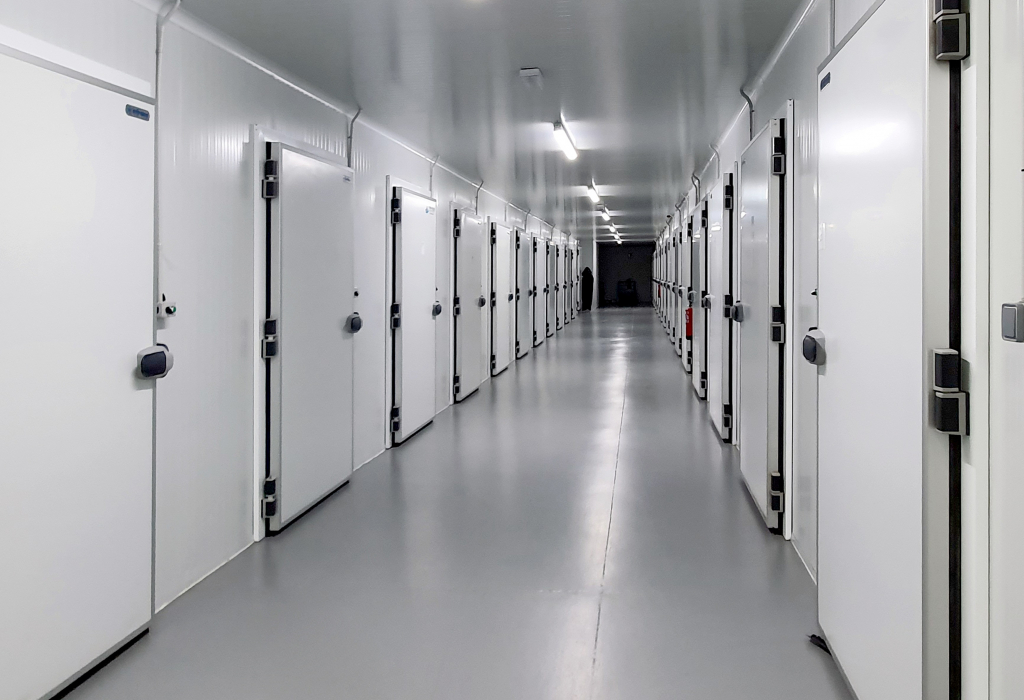Designing Effective Refrigeration Room Doors for Optimal Efficiency and Functionality
Importance of Refrigeration Room Doors in Food Safety and Storage
Refrigeration room doors are often overlooked in discussions about food safety and storage; however, they play a crucial role in maintaining the integrity of temperature-sensitive goods. Whether in a commercial kitchen, a cold storage facility, or a warehouse, these doors serve as the gateway to environments where perishable items need to be stored at specific temperatures. Understanding the significance of refrigeration room doors involves examining their design, functionality, and impact on food safety.
Design and Materials
Refrigeration room doors are specifically designed to limit the transfer of heat into the cold storage area. Typically made from materials with high insulating properties, like polyurethane foam, these doors can maintain the desired internal temperature while mitigating energy loss. The external surface often comprises stainless steel or fiberglass, which is not only durable but also resistant to corrosion, making it suitable for humid or moist conditions.
In many cases, refrigeration doors are equipped with gaskets that create a tight seal when the door is closed. This ensures that cold air remains inside the chamber, which is critical for keeping food and other perishable items at safe temperatures. Any gaps or leaks in the door’s seal can lead to significant temperature fluctuations, compromising the quality and safety of the stored products.
Functionality
The functionality of refrigeration room doors goes beyond simply opening and closing; they are engineered with various features to enhance efficiency and usability. For instance, many refrigeration doors come with automatic closing mechanisms that help ensure the door shuts quickly after being opened. This is particularly beneficial in high-traffic environments where people are frequently accessing the refrigeration area.
Moreover, some refrigeration doors are designed with transparent panels that provide visibility into the chamber without requiring the door to be opened. This feature can help reduce the frequency of door openings, minimizing temperature fluctuations and energy loss.
refrigeration room doors

Impact on Food Safety
Food safety is a top priority in the food industry, and refrigeration room doors contribute significantly to this goal. According to guidelines set forth by health organizations, maintaining specific temperatures is essential for preventing the growth of pathogens and ensuring that food remains safe for consumption. A properly sealed and insulated door helps maintain consistent temperatures, reducing the likelihood of food spoilage and contamination.
For establishments such as restaurants and grocery stores, the consequences of improper refrigeration can include financial loss due to wasted inventory and potential legal issues stemming from foodborne illness outbreaks. Refrigeration room doors are a line of defense against these risks, and their importance cannot be understated.
Energy Efficiency
In addition to their role in maintaining food safety, refrigeration room doors can contribute to a business’s energy efficiency. With rising energy costs and increased awareness of environmental impact, many companies are investing in energy-efficient refrigeration solutions. High-quality doors with effective insulation help to reduce the workload on refrigeration units, leading to lower energy consumption and cost savings over time.
The choice of door can also affect the overall energy management strategy of a facility. For instance, installing insulated sliding doors can optimize space and reduce energy loss, compared to traditional hinged doors, which may be left open for extended periods during busy operations.
Conclusion
Refrigeration room doors are more than just functional barriers; they are critical components that play an essential role in food safety, energy efficiency, and operational effectiveness. As the food industry continues to evolve, the technology and design of refrigeration doors will likely advance, offering even better solutions for maintaining the integrity of temperature-sensitive environments. Consequently, stakeholders in the food industry should prioritize the selection and maintenance of high-quality refrigeration room doors to safeguard their products, enhance operational efficiency, and comply with food safety regulations. In doing so, they protect not only their business interests but also the health and well-being of consumers.
















































































































